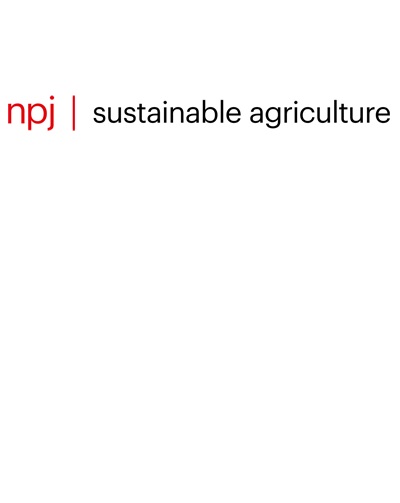Download:
DOI:
https://doi.org/10.1088/1748-9326/6/4/044029Altmetric score:
Dimensions Citation Count:
Publication year
2011
Authors
Gutierrez-Velez, V.H.; DeFries, R.; Pinedo-Vasquez, M.; Uriarte, M.; Padoch, C.; Baethgen, W.; Fernandes, K.; Lim, Y.
Language
English
Keywords
agriculture, farming systems, intensification, intensive cropping, remote sensing, yield increases, land use change, tropical forests, deforestation, conservation, biofuels
























